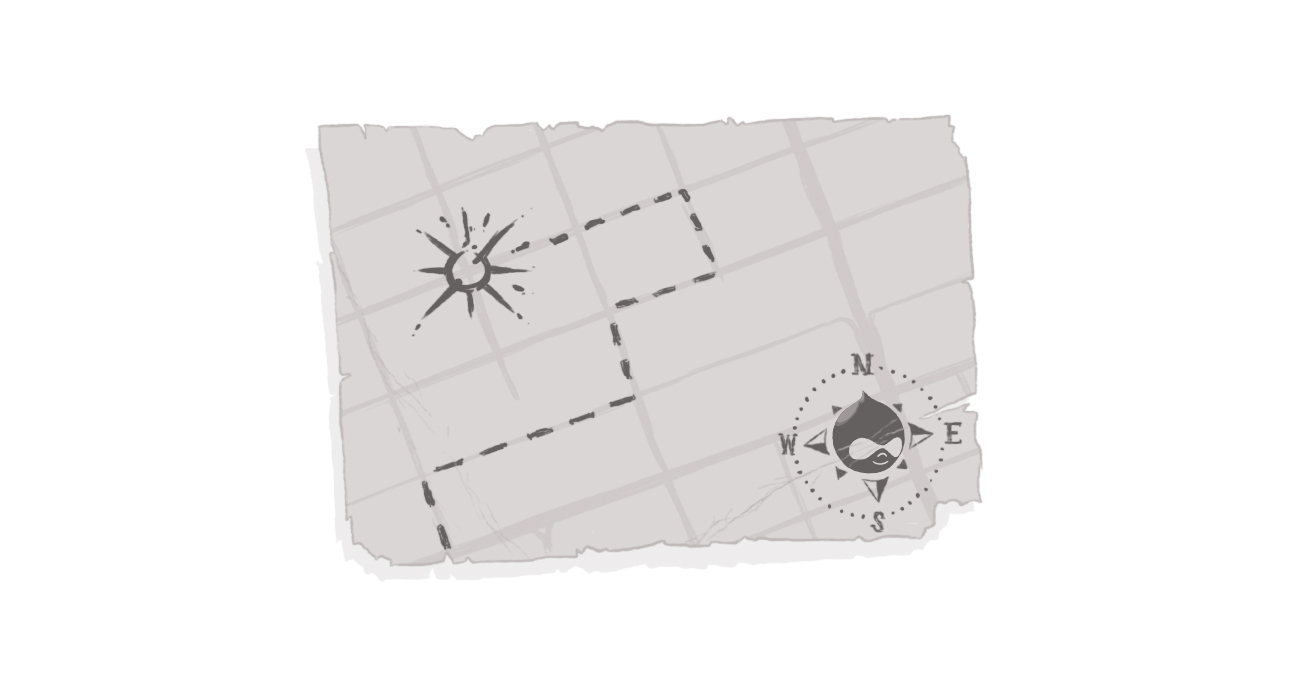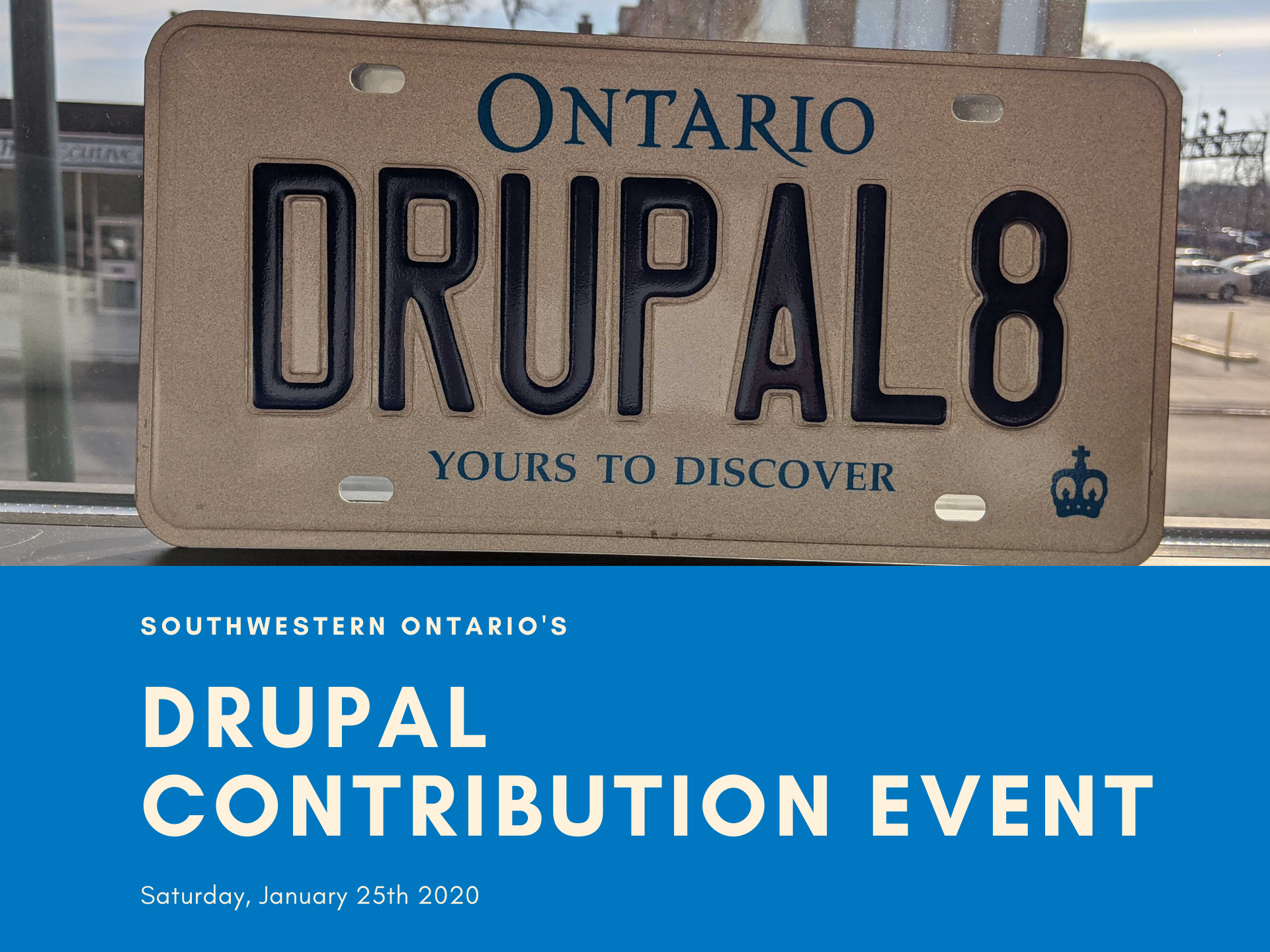How to Contribute to Drupal: Documentation

If you’re a developer, you have skills that the average bear looks up to -- often with awe and sometimes with genuine confusion. You don’t need to create your own modules or revolutionize Drupal core to give back to the Drupal community. You can help content editors and novice or less experienced Drupalers learn Drupal by contributing to existing documentation or writing something new.
Translating web development into plain language helps keep the Drupal community strong and accessible. Become a teacher without even having to leave your desk, or your bean bag chair -- no judgement.
Are you new to Drupal? Or curious about giving it a try? Take it from this non-developer, you don’t have to be a full-fledged developer to enjoy the benefits of this open-source platform for your website.
In the marketing and communications field, we are taught to always be ready to adapt to new technologies and communication methods, but we rarely have to design a website from top to bottom. In my experience, that task is usually best left for web development professionals. There’s a reason there are so many of them, after all.
If you’re a content editor, marketer, or someone who got tasked with managing your organization’s Drupal website and are not a developer by nature, it can be scary to jump into site management. When I started working with Digital Echidna as a Communications Specialist six months ago, the extent of my website building experience included building a few Wordpress websites for some small local non-profit organizations and learning Drupal in one course of my graduate program. I was for all intents and purposes fairly technically illiterate.
Lucky for me -- and for you too -- the Drupal community is incredibly supportive and eager to welcome all who wish to learn how to use the powerful but surprisingly easy-to-learn content management system. Part of every Echidna’s onboarding includes the creation of a Drupal 8 site using the official Drupal 8 User Guide as our training material. If you’re interested in giving it a try, the guide is currently available in 13 languages including English, French, Spanish, Russian, Japanese, and Simplified Chinese.
I spent two days time building my first site, following along the tutorial to create the “Anytown Farmer’s Market” digital presence. Although I hit a few challenging tasks, they were easily resolved by watching some supplementary YouTube videos. Overall, it was a lot of fun!
At Digital Echidna, our developers have contributed over 200 documentation edits and created several pieces of documentation. Some of these include a series about Twig: Twig Best Practices - Pre-Process Functions and Templates, Debugging Twig Templates, and Discovering and Inspecting Variables in Twig Templates by Scott Reeves, one of our six Drupal Grandmasters. Although Scott’s series is oriented to more experienced developers, it’s folks like him who created the Drupal 8 User Guide for novices like myself. To all the Drupal developers out there writing documentation, you are the real MVPs in my opinion.
Although you likely can’t walk across the hall to ask a Drupal Grandmaster a question like I can, if you’re interested in learning how to use Drupal and find it hard to learn on your own, we have a variety of training courses available (taught by professional Drupal Grandmasters). One of the best things about the Drupal community and the nature of open-source development is that you’re never truly on your own.
Finally, London Drupal Users Group and Waterloo Region Drupal Users Group are together hosting a contribution event over Global Contribution Weekend 2020. Taking place Saturday, January 25th in London, Ontario, this is the contribution event for all Drupal users in southern Ontario including Exeter, London, Kitchener, Waterloo, Cambridge, Guelph and surrounding areas. Register on meetup.
Read other blogs in this series, How To Contribute To Drupal.
--
Did you enjoy this blog? Get more just like it by signing up to receive Digital Echidna’s free e-newsletter, delivered to your inbox every month. Industry tips, information, and expertise to aid the health of your digital project. Subscribe Today.
How can I get involved in the Drupal community?
What are some examples of Drupal documentation?
How can I contribute to Drupal?
SUBSCRIBE TO OUR E-NEWSLETTER
 Subscribe
Subscribe



